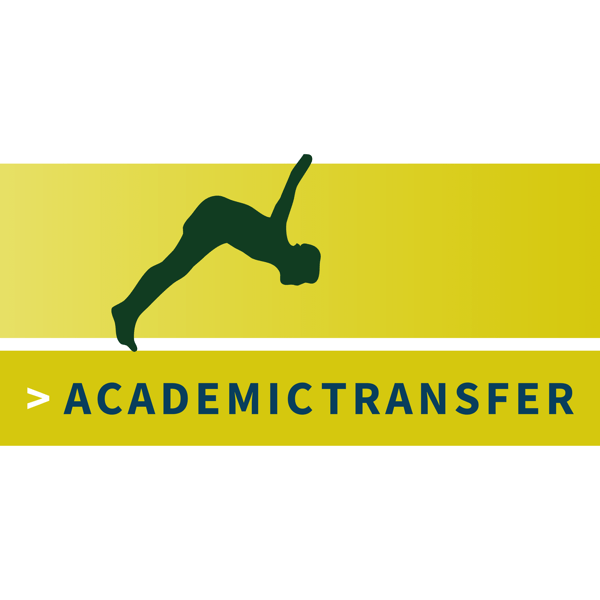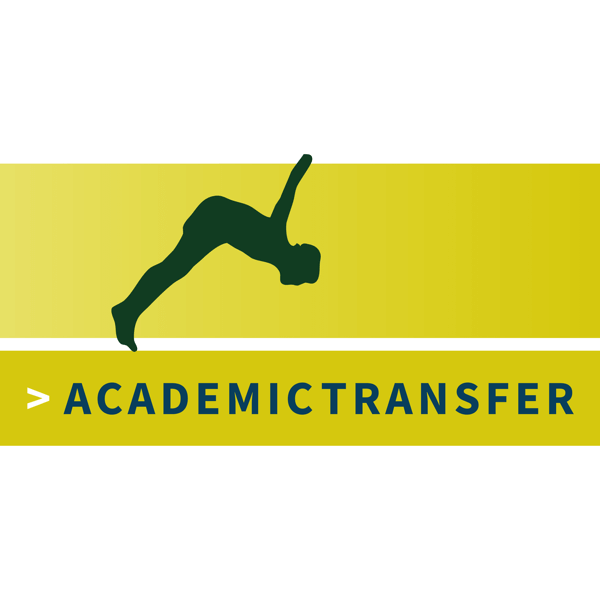
PhD Talk for AcademicTransfer: Building a network in a new region
This post is part of the series PhD Talk for AcademicTransfer: posts written for the Dutch academic career network AcademicTransfer, your go-to resource for all research positions in the Netherlands.
These posts are sponsored by AcademicTransfer, and tailored to those of you interested in pursuing a research position in the Netherlands.
If these posts raise your interest in working as a researcher in the Netherlands, even better – and feel free to fire away any questions you might have on this topic!
Moving to a new country for an academic career is exciting and terrifying at the same time. Building a professional network is a part of settling in, especially when you’re navigating a new culture, language, and societal landscape – and it is crucial for getting funding, and establishing yourself as a researcher in the country.
In this post, I reflect on my experiences of establishing a network in Ecuador and use this experience to give advice to those moving to the Netherlands for an academic position.
In 2013, I moved to Ecuador with no prior connections in the country except for the man I married the year before. I had no collaborations in the city, the country, and Latin America in general. I didn’t speak Spanish and tried some mash-up of French with the few Spanish words I knew.
Over time, however, I built collaborations and connections that have been particularly rewarding. In fact, a major professional award I won this year is the direct result of the collaboration I have built up with my colleagues in Brazil.
The main ingredients for getting settled and developing a network are: learning the language, understanding local research needs, and engaging in international collaborations in the region. As I was (and still am) teaching in English, it took me perhaps a bit more time to learn Spanish. Still, when I really embraced Spanish as one of the languages I should be using professionally and frequently, I found it much easier to develop collaborations.
Understanding the research needs in Ecuador and the region also played a significant role. My main research topic, related to existing infrastructure, was not very appealing in Ecuador when I first arrived here, towards the end of the boom of the road network construction era. We were building and expanding, not interested in preserving!
So, I took opportunities to talk about this topic, and I also shifted part of my research to concrete material-related topics which are more in line with the needs of new construction. In addition, I transferred knowledge from my research on bridge preservation and service life extension from the Netherlands to the region.
So, what can my experience of moving to Ecuador teach you as you are moving to the Netherlands and eager to develop your network? The challenges may be the same: the language barrier, the fact that it is a small country with close-knit connections between industry and academia where everyone seems to know everyone (except you, of course), and the particular national priorities and relevant topic. Here’s what I’d advice you to focus on:
- Learn the language: I’m probably sounding like a broken record by now, but if you move to the Netherlands, learning Dutch is key. Yes, everyone speaks English, but you will still be the foreigner who is not fully embedded in the country if you do not learn conversational Dutch.
- Participate in industry events: Industry-academic collaborations are a cornerstone of Dutch research. Attend industry events, conferences, and networking “borrels” to connect with professionals outside academia.
- Co-supervise MSc thesis students: Many students of our program in Delft do their MSc thesis in a company, so co-supervising with a company supervisor is an excellent way to establish connections with the industry. It’s also a practical step for understanding industry needs and challenges.
- Follow the news: You wouldn’t expect me to tell you to grow your network by sitting on your couch, watching the news, would you? Well, knowing about what is going on in the news, newspapers and magazines is crucial to keep up to date on societal priorities. If you want to carry out research that aligns with national needs and priorities, you need to know these in the first place.
- Take initiative: Don’t hesitate to reach out to colleagues, attend events where you know Absolutely No Other Soul, or propose collaborations. A proactive approach often leads to the most rewarding opportunities.
Building a network in a new region requires patience, effort, and a willingness to adapt. Whether in Ecuador or the Netherlands, the principles remain the same: immerse yourself in the local culture, understand the needs of your new location, and do not be afraid to put yourself out there. If you are moving to a new country, you need to dive into the pool headfirst, and take that proverbial leap of faith. Go for it, and conquer!
Have you moved abroad during your career? How did you establish a new network?


